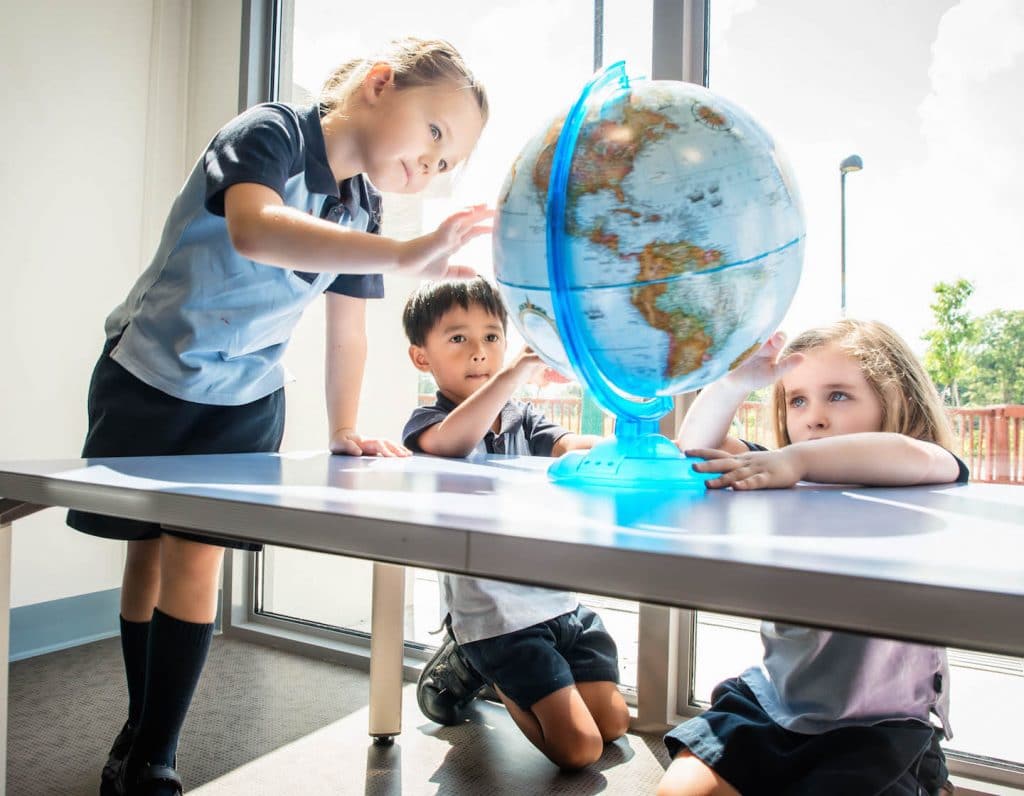
Did you know 7 out of 10 of the world’s best education systems are in Asia? Here are 10 core traits they share that set both students and teachers up for 21st century success
We all know how lucky we are to live in a place like Singapore, which is world-renowned for its topnotch education system. And our world-class international schools build upon the same elements. Please welcome Richard Henry, Head of School at GEMS World Academy (Singapore) to discuss what those components are, so parents on the hunt for a school can know just what to look for!
Ask anyone about today’s state of education and most would agree that a proper syllabus looks beyond what textbooks, tests, and model answers can offer. Educators are aware, and they are trying to alleviate demanding academic loads without diluting quality.

According to The World Bank’s “Growing Smarter” 2018 report on East Asia’s and Asia Pacific’s state of education, 7 out of 10 top-performing education systems are based in this region.
Besides effective spending, the report found how systems that also focus on the school-going children’s’ cognitive and physical development helps them prepare for academic success.
There are a number of important, shared elements among the world’s best education systems that promote quality learning. Here are core traits to look for:
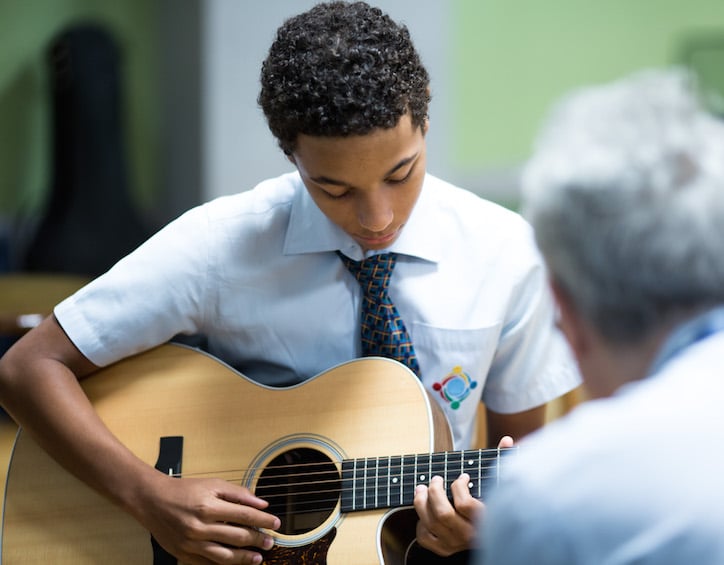
They holistically consider other aspects of child developmental growth beyond the classroom
Academic competency, while important, is only one part of a child’s learning journey. To overcome problems as an adult, the child must develop a host of soft skills, analytical and critical-thinking capabilities, and a passion for the world. Helping them prepare for the future would also mean giving them the adaptability to tackle problems we cannot foresee – such as the jobs and roles in society that have yet to exist.
Focus on key competencies and skills rather than just the content
Singapore is a prime example; here the Ministry of Education intends to foster a passion for lifelong learning in students by “dialling back” the emphasis on examination results – starting with the upcoming 2021 changes to the PSLE scoring system.
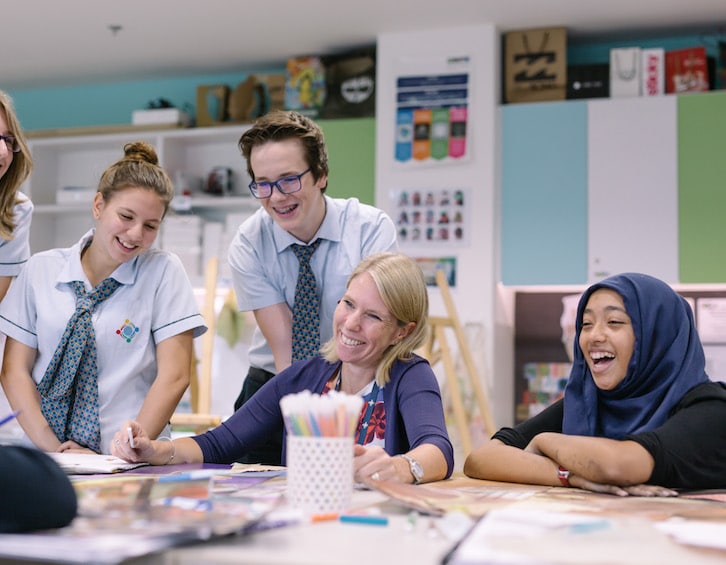
Quality teaching and learning, and relying on the professional expertise of teachers rather than issuing a top-down directive
To achieve that level of holistic education, it also falls upon the school to allow space for educators to facilitate these conversations; if we want to enable the kids, we need to enable their educators as well. Most teachers would be well-equipped to teach and stay true to the syllabus, but the freedom in letting students explore the curriculum would require the schools to free up their educators’ limited resources.
Embedded culture of change, adaptation and innovation
It’s not school-going children that track changes in education policies – if anything, changes are reminders to parents, policymakers, and all stakeholders that educating the young goes beyond the book and into the world, and it is not a competition.
At GEMS World Academy in Singapore, we look to enable students to be at the core of the creative process. We give them free license to be creative, to explore, to make mistakes and to have fun. Our emphasis on the Arts, Sports and Academics are not just about results, but the process as a whole: exploring, devising, revising, reflecting and sharing.
Personalised learning for all students
My favourite example is helping a child understand how rigorous math formulas are present in the arts. For instance, a student who recently learnt fractions can be taught that a musical eighth-note (or quaver) is effectively one-eighth of a whole-note (semibreve). By developing their senses and helping them understand the world through their interests, we can make education meaningful for them. In turn, children can look forward to studying and educators as a guide, and not as a hurdle or a chore.
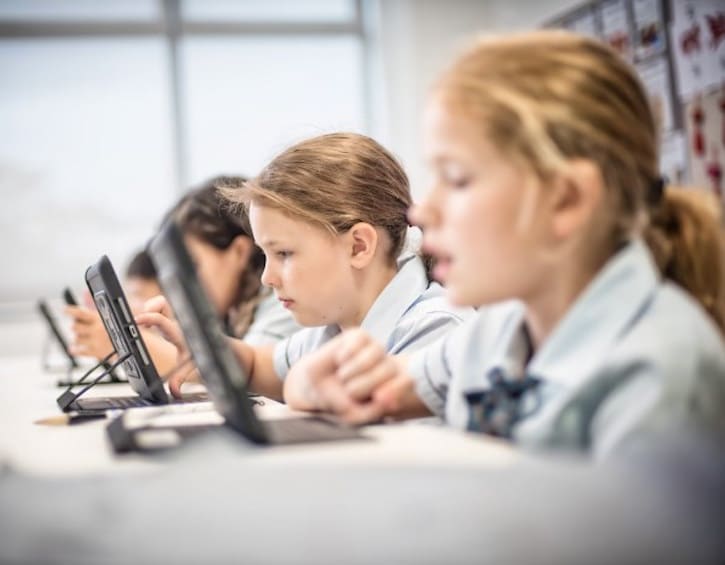
Teach students “how to learn” instead of “what to learn”
One way some schools incorporate academics with child and skill development is through using an overarching theme that promotes the betterment of humanity. More commonly known as Global Education, it’s an amalgamation of perspectives, rhetoric, and citizenships across a global portfolio that are weaved into every subject taught at school.
The takeaway for these children is simple: in everything they learn and do, it would turn their eyes and minds to the realities of an Internet-connected, globalised world. Every child has a future part to play in justice, human rights, equity, and peace. The lessons they learn not only fulfil their report cards, but also get the young to start thinking about improving lives and having empathy for the world around them.
As we pass the torch to future generations, it falls unto us to develop their skills and passion for navigating in life. Our challenge as educators lies in facilitating that growth, while we juggle academic expectations in the classroom.
To capture what I feel about how education will evolve in the next decade, I borrow the words of Jean Piaget, a psychologist and epistemologist famous for his work in child development. “The goal of education is not to increase the amount of knowledge but to create possibilities for a child to invent and discover, to create men who are capable of doing new things.”
Thank you, Mr. Henry! If you’d like to visit GEMS World Academy (Singapore) and learn more about its dedication to high-quality, global education, visit an Open House or contact Admissions to arrange a campus tour!
GEMS World Academy (Singapore), 2 Yishun Street 42, Singapore 768039, Tel: (+65) 6808 7300, www.gwa.edu.sg
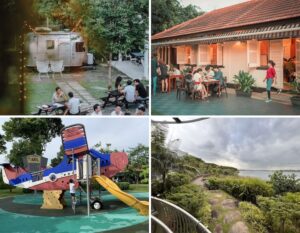


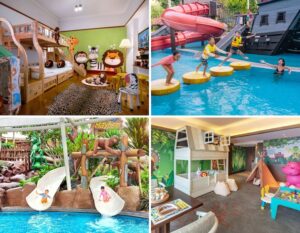

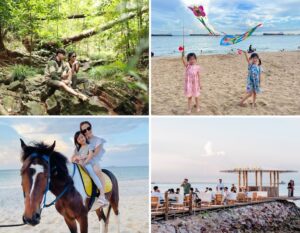
 View All
View All
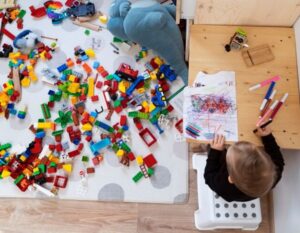


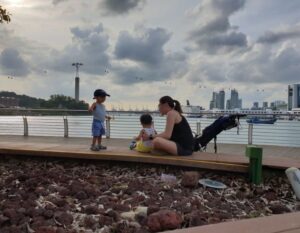
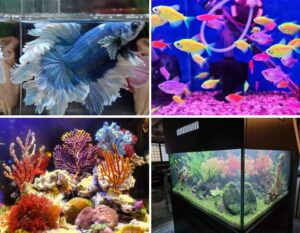
 View All
View All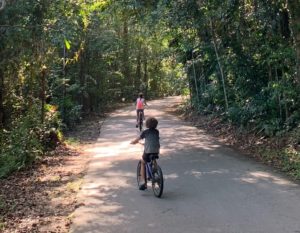
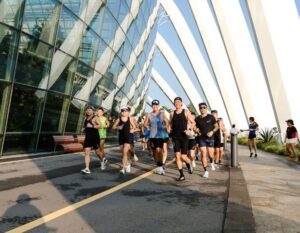

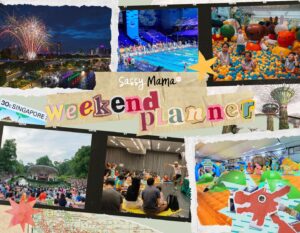
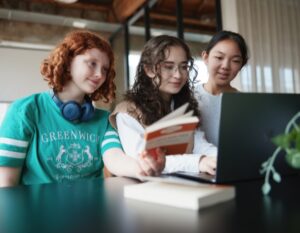
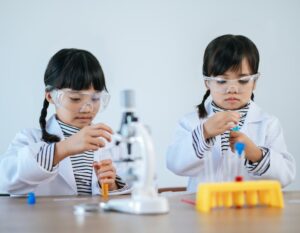
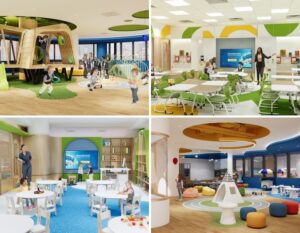



 View All
View All

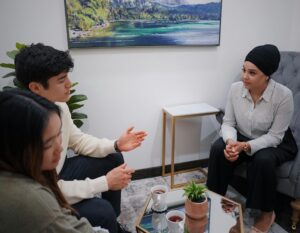


![[𝗦𝗔𝗩𝗘 𝗧𝗛𝗜𝗦] 𝗙𝗿𝗲𝗲 𝗔𝗰𝘁𝗶𝘃𝗶𝘁𝘆 𝗙𝗼𝗿 𝗞𝗶𝗱𝘀 𝗪𝗵𝗼 𝗟𝗢𝗩𝗘 𝗙𝗶𝗿𝗲𝘁𝗿𝘂𝗰𝗸𝘀! 🚒🔥
Skip the usual mall stroll and check out the Civil Defence Heritage Gallery! It’s free, air-conditioned, and housed in Singapore’s very first fire station, just across from Funan Mall.
Spanning two full floors, the gallery dives into Singapore’s firefighting history, major rescue missions, and the evolution of the SCDF. There are interactive exhibits, immersive displays, and even emergency preparedness tips for the public.
Bonus: Selected fire stations also host Saturday morning open houses with guided tours where you can watch fire gear demos, meet firefighters, and see those high-pressure water sprays in action!
𝗛𝗼𝘄 𝗺𝘂𝗰𝗵? FREE
𝗪𝗵𝗲𝗿𝗲? 62 Hill St, Singapore 179367
𝗢𝗽𝗲𝗻𝗶𝗻𝗴 𝗵𝗼𝘂𝗿𝘀? 10 am–5 pm (Closed on Mondays)
Comment “Fire” or link in bio for more details!
Tag your parent crew and plan your next adventure with the little ones! 👨👩👧👦💥
.
.
.
.
.
.
.
#SGFireStation #SCDFGallery #ThingsToDoWithKidsSG #FreeFamilyFun #SGParents #KidFriendlySG #FiretruckLovers #MuseumAdventure #SCDF #HeritageGallery #SGMums #FamilyWeekendSG #LearningThroughPlay #SingaporeWithKids](https://www.sassymamasg.com/wp-content/plugins/instagram-feed/img/placeholder.png)
